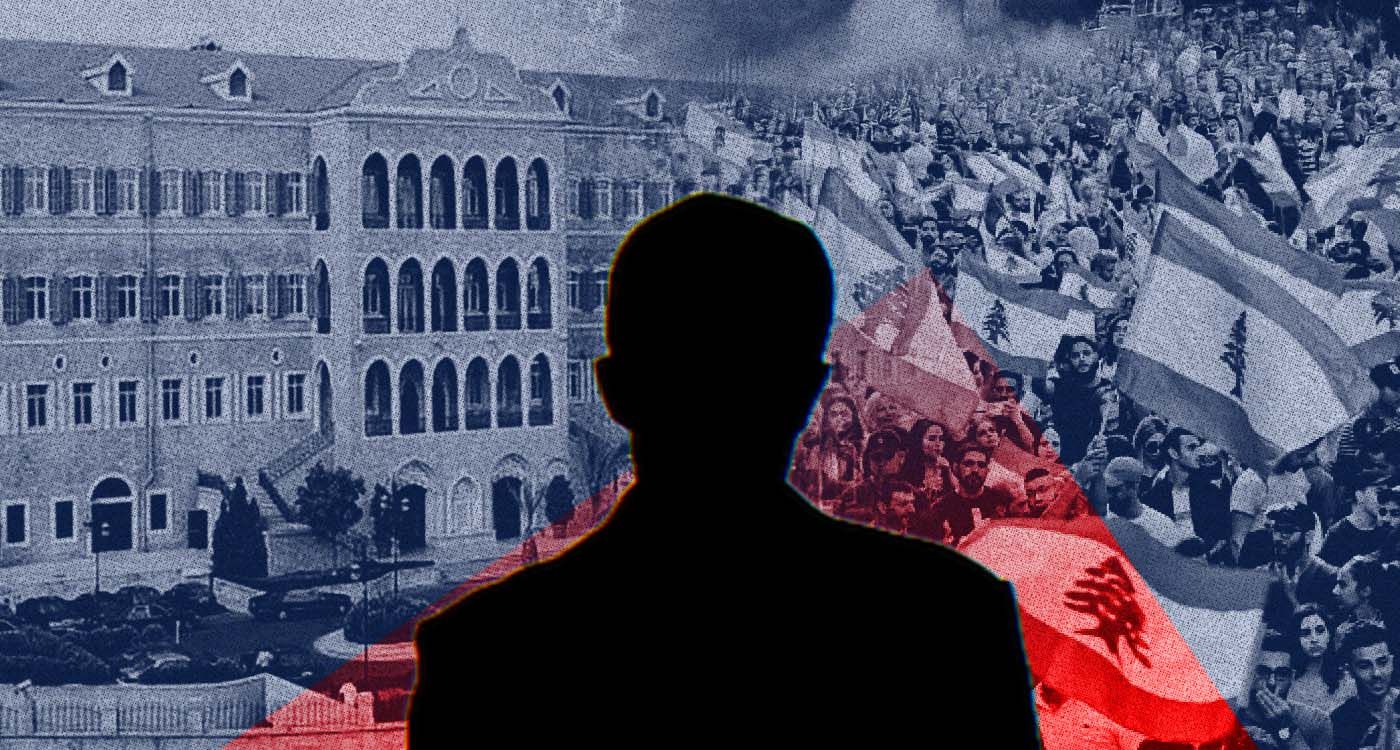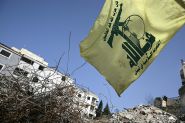
One of the most pressing demands that emerged on the streets since the October 17 Revolution (Thawra) regarding government formation was the call for technocratic or specialist-led governments. The expectation was that each expert would head their respective ministry, ensuring effective management driven by specialization, rather than the traditional political appointments based on party interests and service distribution.
The formation of a technocratic government became a fundamental demand for protesters and those opposed to the selective, politically motivated handling of matters. However, both Hassan Diab’s and Najib Mikati’s governments were significant failures in this respect, with many crises tied to ministries that were not addressed in a clear, methodical way.
Today, the issue of government formation resurfaces, underscoring the need for clear, informed decisions in the allocation of ministries. But is simply assigning experts to their relevant roles enough, or does the matter require a deeper, more comprehensive scrutiny?
After the Taif Agreement, the formation of the government became deeply intertwined with the political management of the country. The Council of Ministers took on some of the powers traditionally held by the president of the Republic, and the government became directly responsible for making political decisions. As a result, political backing for the government is crucial, as it must make urgent decisions and take important political stances within the scope of its authority.
From this perspective, a government made up solely of technocrats or specialists cannot effectively address the country's broader dossiers. For example, in the event of a diplomatic crisis, how can ministers take a position without aligning with the country’s core political decisions? Moreover, if the government is tasked with making decisions related to political realities or critical national issues, how can ministers navigate these matters without a political framework?
The key question is: In a country as politicized as Lebanon, how can we select specialists without any political background when nearly everyone holds political views and affiliations, even if they are not officially members of a party? Where can we find specialists without political ties? A specialist cannot emerge without a political perspective.
The ideal approach is to form a government of specialists in each ministry, while ensuring balanced political representation to guarantee the effective functioning of political affairs. The government must remain connected to Lebanon’s political landscape to maintain its ability to make informed and decisive political decisions.



Comments